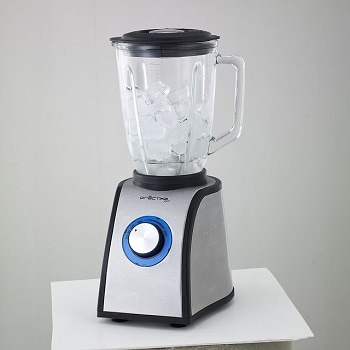Any individual who eats a shrimp and maintains a compost pile will inevitably inquire regardless of whether or not shrimp shells can be composted. Shrimp produces a great deal of shell waste, and eggshells can be composted, so why not shrimp shells?
For all you composting seafood enthusiasts out there, the answer is of course, shrimp shells can be composted. Even so, considering that they are animal byproducts and not plant products, composting them arrives with a handful of additional methods to guarantee good quality and accomplishment. With a tiny little bit of added function and some guidelines, you can completely compost as numerous shrimp shells as you can eat. Just really don't assume to toss them outdoors with your banana peels and phone it a day.
Shrimp shells can be composted, but you do not want to merely toss them on to the best of your compost pile. The greatest way to compost shrimp shells is to embed them into a wholesome compost pile. Some suggestions say to place the shells as deep as 10 inches into the heart of the compost pile. You ought to embed your shrimp shells for 3 reasons:
- First, shrimp shells are made from chitin which is a hard material that makes up certain exoskeletons in the wild. Chitin does not break down easily. It takes a lot of energy and time to break this tough material down. If you simply toss the shells into an exposed area, they will take an extremely long time to decompose.
- Second, shrimp shells stink. It does not take long for shrimp to start smelling. You do not want to cause your compost pile to start stinking because it will start to attract pests and make managing it unpleasant. Embedding the shells into the pile helps cut down on odors.
- Lastly, shrimp shells attract and produce extremely helpful bacteria when they break down. If you let them break down on top of your compost pile, the rest of your compost won’t benefit from the special bacteria that eat the chitin. Having the shells inside the pile ensures that this bacteria can spread to other parts of your compost, which can help increase the overall health of the pile.
Ways To Avoid Shrimp Odor in Your Compost
One of the biggest issues regarding shrimp and compost is the possible for odor. Decomposing shrimp smells awful, and the odor can speedily become pervasive and challenging to control. In some situations, the shells will commence to scent before you even have a opportunity to provide them out to the compost pile. Here are some professional tips to mitigate shrimp shell smells in your compost.
1. Boil The Shells
Boiling the shells will get rid of the odor and retain its neutral scent for lengthier. If you are currently boiling the shrimp to eat, preserve the h2o close at hand and then boil the shells afterward. Strain the shells out and dry them. They ought to scent considerably less than beforehand and give you more time to get them to the compost pile before they begin to stink up your kitchen.
2. Bake and Grind The Shells
In the same way to boiling the shells, you can also bake them. Baking the outdated shrimp shells will also minimize down on the odor. Right after the shells are baked, they will be dry and brittle. In this state, the shells can easily be ground up making use of a foodstuff processor or mortar and pestle. The resulting powder can be easily added to your compost pile with no the awful odor that normally accompanies the shrimp shells.
A Reminder About Animal Compost
Shrimp shells are an exception to the rule about avoiding animal parts for compost. They are equivalent to eggshells in that they are technically animal byproducts that can be composted. Nevertheless, attempt to don't forget that most animal byproducts cannot be composted. It is nevertheless recommended to stay away from almost anything at all animal-relevant when it will come to your property compost pile.
- Fats
- Oils
- Bones
Even though shrimp shells can be composted, they are not the easiest or most appealing point to compost. It can be straightforward to neglect to steer clear of most animal merchandise as you are shoveling shrimp shells into your compost pile. Make sure you keep on to adhere to the common rule of avoiding most animal items other than shrimp shells and eggshells.
Shrimp shells can be composted, but you have to take actions to mitigate the scent and make certain that the shells break down successfully. If you are inclined to embed the shells and perhaps bake or boil them beforehand, you can have a fantastic additive that can advantage any compost pile. Shrimp shells have some great advantages for composters if you are inclined to place in the function.
Featured Impression Credit score: Eldred Lim, Shutterstock
Contents


